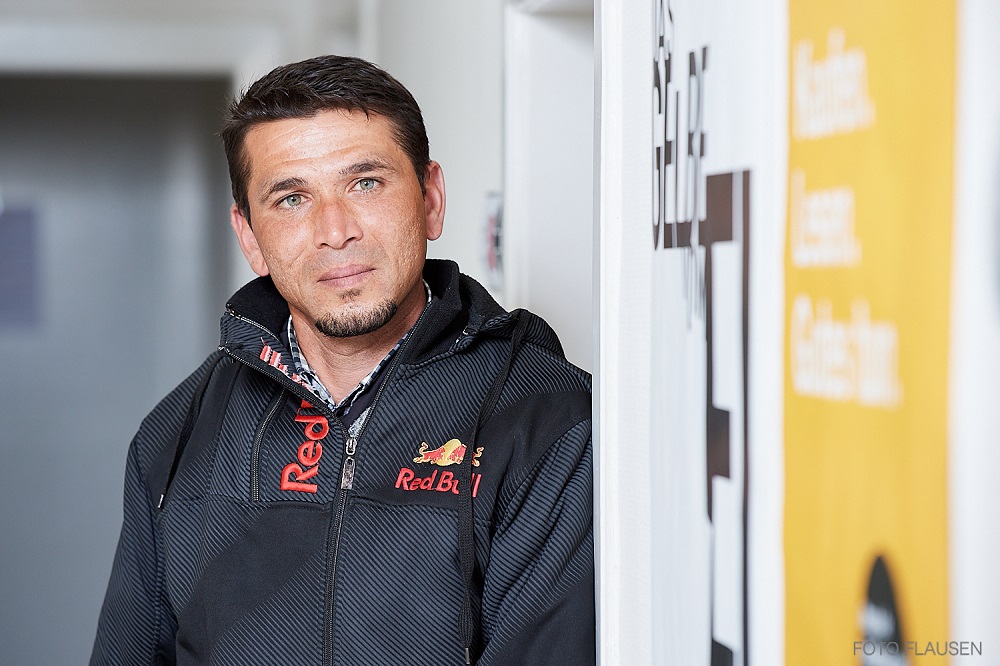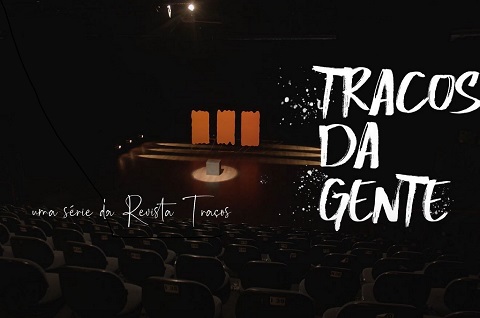By Matthias Gruber, Apropos
When asked what scent reminds him of his childhood, Ion Firescu does not need to think for long. For the country boy who spent his childhood in the fields with his grandfather, the smell of fresh hay and thick summer heat are what come to mind. Ion tells me about growing up in a small village in the Wallachia region of southern Romania no more than 25 kilometres from Pitești, the home of Europe’s Dacia car manufacturing plant. It’s a region where poverty is omnipresent.
A self-confessed curious and inquisitive child, Ion says that he would have liked to have continued with his education. Instead, at the age of 16, his time in education ended in unemployment, like it does for so many others. He almost achieved top marks in the entry exam for a local firm, he tells me, but despite this, it was not enough to secure a coveted position in the end, and so the young man soon sought his fortune further afield. He has worked on construction sites and in the black market, and finally ended up in Salzburg.
Since then, two worlds have existed in his life. One is the world back in his childhood village and on an old farm, where the grass smells fresh, and poverty has robbed a generation of opportunities. This is where his three children live: Sidonia (14), Sagar (11) and Benjamin (1), a late addition to the family. His other life is here in Salzburg, where Ion has worked as an Apropos vendor since 2011, most of the time at his usual spot in Neumarkt. These two worlds are connected by an old smartphone with a scratched screen. It is on this device that Ion has saved many treasured photos of his children.
You cannot tell by looking at him that this man with well-maintained hair who is smartly dressed in a tracksuit top spends most of his nights sleeping on the streets. He has never quite arrived in Salzburg, you see, even after all these years. This is because of a vicious circle that is difficult to comprehend for those without direct experience of it: no job means no apartment, no apartment means no official registration in the city and no official registration means no job.

But Ion is working to a different a plan that he is determined will work out: with the money he earns in Salzburg, Ion supports his children, who he says should not be disadvantaged financially and should be able to go to school. But what would be left for them at the end of the month if Ion had to pay rent, electricity and gas? Too little, he says. Therefore, Ion mostly sleeps rough. He sometimes sleeps in the Caritas emergency shelter, and he used to squat in empty houses when it was still possible.
According to Ion, living in Salzburg is a luxury. Even a derelict house costs money here, he tells me. Sleeping on the streets, however, has long become normal for him, he adds. Sometimes regular customers will ask him how he manages not to fall ill during winter in the freezing temperatures. But Ion says it is just a matter of getting used to it and tells of nights where the police have moved him and other men from his group on from their sleeping spot every two hours.
Despite this, Ion has nothing negative to say about the city that he has now lived in for over 10 years without ever having his own home. He likes Salzburg and its people, and feels that he is in good hands here. Ion is happy to be here and always stays for as long as it takes for him to buy a bus ticket home to see his children and his wife. His wife has been living back in Romania since the birth of their son Benjamin, but she will probably soon come back to Salzburg to sell street papers alongside her husband. Their children live with their aunt, Ion says. Speaking from her own experience, our interpreter tells me that not everyone has the same luck: she knows of families where 10-year-olds have had to struggle to get by for weeks on their own while their parents are away, having been provided with nothing more than a few litres of oil and a sack full of cornflour.
Ion also talks to me about how newspaper sales have changed during the Coronavirus pandemic. His regular customers, who are so important for all Apropos vendors, were suddenly absent during lockdown. The streets were empty. This was devastating for somebody whose ability to make a living comes from people coming together – not on the internet, but physically, in conversation on the street. Despite this, bus tickets to his pitch in Neumarkt had to be paid for. On some days during the pandemic, these cost almost as much as Ion had been able to earn on that particular day.
For a while, things were bleak. So, for the first time in over 20 years, Ion stayed at home in Romania for a longer period of time. Ion didn’t take the bus to Salzburg and was instead at home, where he could enjoy watching his children grow up. But in the end, he had to come back, as the economic strain on the family was too much. Even though Ion has plans for the future, his life remains one that has to be lived from one day to the next.
Translated from German by Euan Bartlet




















